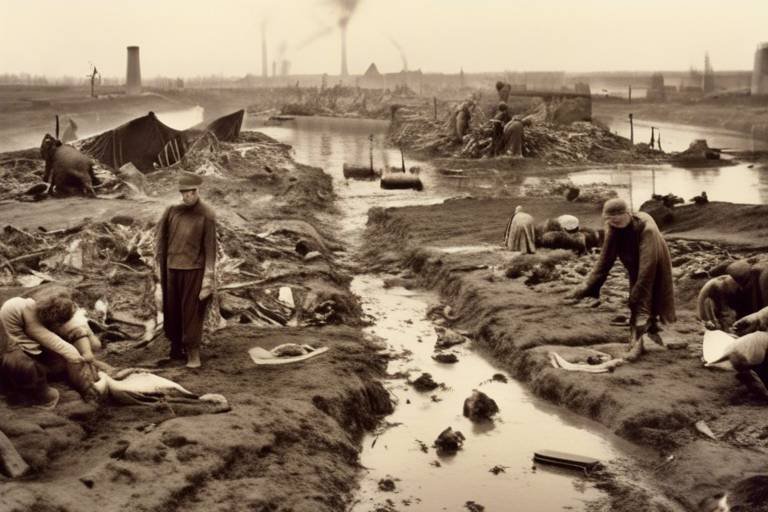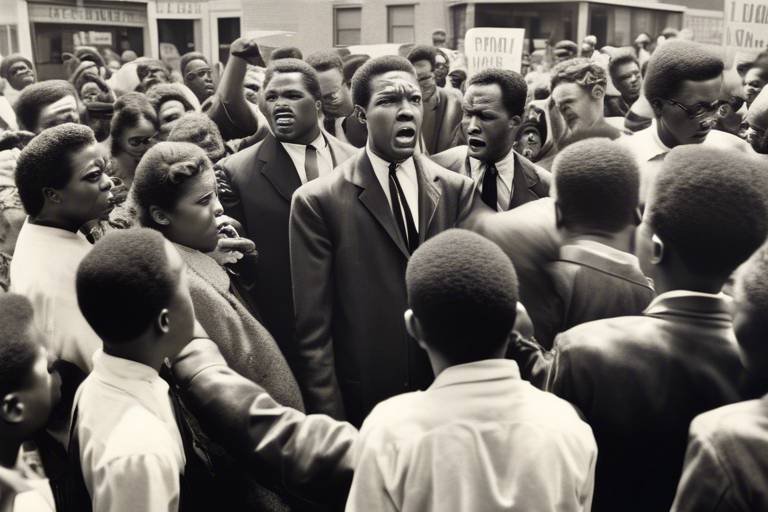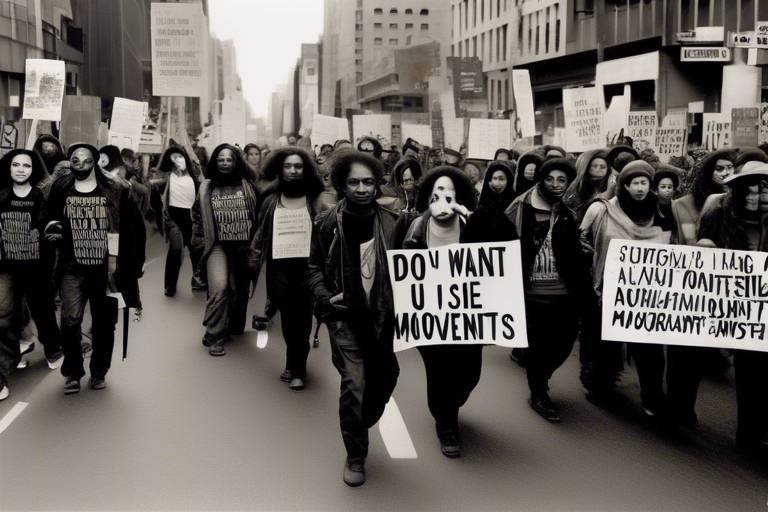The History of the Russian Empire - Key Events and Leaders
The history of the Russian Empire is a tapestry woven with key events and remarkable leaders who left an indelible mark on its legacy. From its humble beginnings to its eventual dissolution, the Russian Empire witnessed a series of pivotal moments that shaped the course of history.
One of the most significant events in the history of the Russian Empire was its foundation under the visionary leadership of Peter the Great. Through a combination of conquests and strategic treaties, the empire expanded its territory and solidified its power, establishing Russia as a formidable player on the European stage.
The Golden Age of the Russian Empire dawned during the reign of Catherine the Great, a period marked by territorial growth, cultural renaissance, and progressive reforms. Under her rule, Russia flourished, emerging as a dominant force in Europe and leaving a lasting impact on the empire's trajectory.
The tumultuous Napoleonic Wars and the subsequent Decembrist Revolt of 1825 were watershed moments in Russian history. The invasion of Napoleon ignited patriotic fervor among the Russian people, while the Decembrist Revolt underscored growing discontent and calls for reform within the empire.
The Emancipation of the Serfs in 1861, spearheaded by Tsar Alexander II, was a monumental reform aimed at modernizing Russian society and addressing deep-rooted social injustices. This landmark decision had far-reaching implications for the country's economy and social structure.
The Russo-Japanese War and the Revolution of 1905 ushered in a period of internal unrest and political upheaval. The demand for political reforms culminated in the establishment of the State Duma and the rise of revolutionary movements that would shape the empire's future.
World War I proved to be a turning point for the Russian Empire, straining its resources and paving the way for the February Revolution of 1917. Tsar Nicholas II's abdication and the subsequent rise of the Bolsheviks set the stage for the October Revolution, which heralded the dawn of a new era in Russian history.
The Bolshevik seizure of power in the October Revolution led to the establishment of Soviet rule and the outbreak of the Russian Civil War. The Red Army's victory, coupled with the execution of the Romanov family, marked the consolidation of communist control under Lenin's leadership.
The formal dissolution of the Russian Empire in 1917 and the subsequent formation of the Soviet Union in 1922 marked the end of centuries-old imperial rule and the beginning of a new chapter under communist ideology. The legacy of the Russian Empire lives on through the annals of history, a testament to the enduring impact of its key events and leaders.
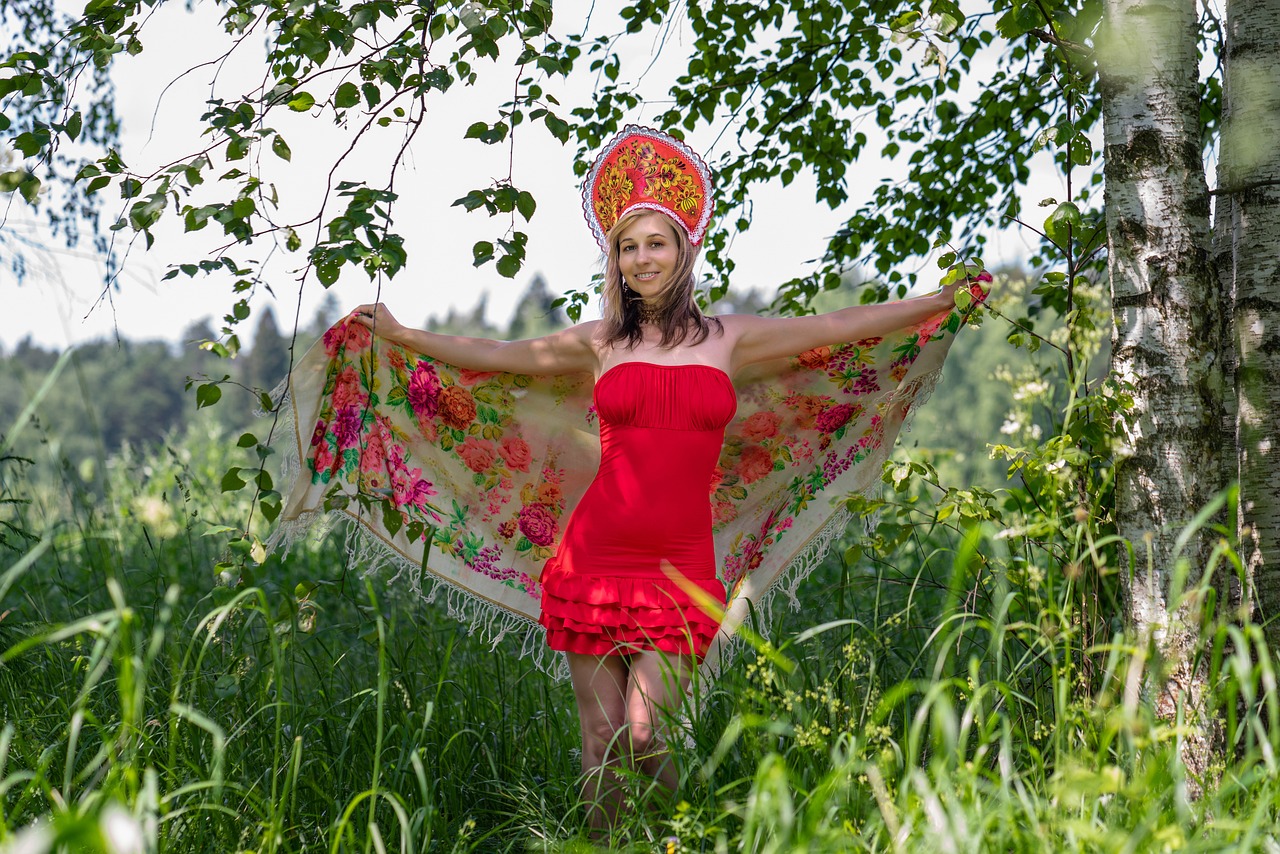
Foundation of the Russian Empire
The marks a pivotal moment in history, spearheaded by the visionary leader Peter the Great. Under his reign, Russia underwent a significant transformation, shifting from a traditional society to a modern empire. Through strategic conquests and diplomatic treaties, Peter the Great expanded Russia's territory, solidifying its position as a major player on the European stage.
Imagine a time when Russia, once a vast but fragmented land, began to coalesce under the rule of a single emperor. Peter the Great's vision and determination laid the groundwork for the empire's growth and influence, setting the stage for centuries of Russian history to unfold.
As the Russian Empire expanded its borders, it also expanded its cultural and political reach. The consolidation of power under Peter the Great's rule not only propelled Russia into the spotlight but also paved the way for future leaders to continue shaping the empire's destiny.
The was not merely a territorial expansion; it was a profound shift in the country's identity and aspirations. Russia emerged as a formidable force in Europe, challenging established powers and carving out its own path towards greatness.
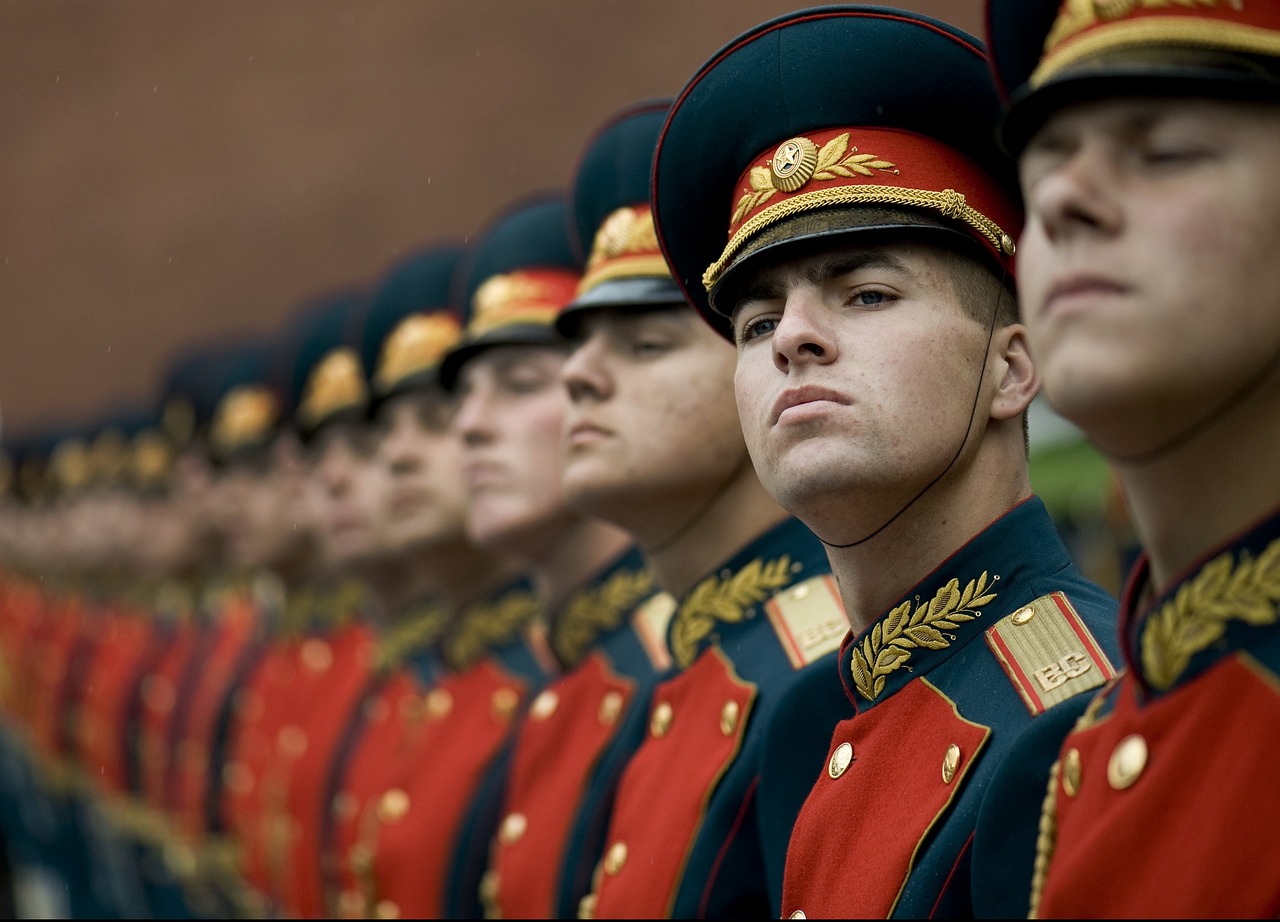
Russian Empire's Golden Age
Key events and prominent leaders that shaped the Russian Empire's history, from its foundation to its dissolution. Explore the significant milestones and influential figures that defined one of the most powerful empires in history.
The establishment of the Russian Empire under Peter the Great and the expansion of its territory through conquests and treaties. The consolidation of power and the emergence of Russia as a major European player.
The Russian Empire's Golden Age refers to the period of Catherine the Great's rule, known for its remarkable achievements and advancements. During this time, the empire experienced a flourishing of culture, territorial expansion, and significant political reforms.
Catherine the Great's reign marked a transformative era for Russia, propelling the empire into the spotlight as a dominant force in Europe. Her leadership not only expanded the empire's borders but also brought about a period of intellectual and artistic growth.
Under Catherine's rule, Russia saw the construction of magnificent palaces, the founding of educational institutions, and the establishment of a legal code that aimed to modernize the country. Her policies and initiatives laid the foundation for Russia's future growth and influence on the world stage.
The impact of the Napoleonic Wars on the Russian Empire was significant, with Napoleon's invasion leading to a wave of patriotic fervor and unity among the Russian people. The subsequent Decembrist Revolt of 1825 highlighted the growing discontent within the empire and the calls for reform.
Tsar Alexander II's decision to emancipate the serfs in 1861 was a monumental reform aimed at modernizing Russian society and addressing social inequalities. This reform had far-reaching consequences, impacting the economy, social structure, and political landscape of the empire.
The Russo-Japanese War had a profound impact on the Russian Empire, leading to internal unrest and ultimately the Revolution of 1905. This period marked a turning point in Russian history, with the demand for political reforms and the establishment of the State Duma.
Russia's involvement in World War I strained the empire and culminated in the February Revolution of 1917. Tsar Nicholas II's abdication and the rise of the Bolsheviks set the stage for the October Revolution, which ushered in a new era of communist rule in Russia.
The Bolshevik seizure of power in the October Revolution led to the establishment of Soviet rule and the outbreak of the Russian Civil War. The Red Army's victory, the execution of the Romanov family, and Lenin's consolidation of communist control marked a tumultuous period in Russian history.
The formal dissolution of the Russian Empire in 1917 paved the way for the formation of the Soviet Union in 1922. This marked the end of centuries-old imperial rule and the beginning of a new era under communist ideology.
Q: What were the main factors that led to the downfall of the Russian Empire?
A: The downfall of the Russian Empire was influenced by a combination of internal unrest, military defeats, and the growing discontent among the populace. Factors such as social inequality, political repression, and economic challenges also played a significant role.
Q: How did the Russian Revolution impact the course of world history?
A: The Russian Revolution had a profound impact on world history by ushering in the rise of communism as a global ideology. It also led to the formation of the Soviet Union, which emerged as a major superpower and influenced international politics for decades to come.

Napoleonic Wars and the Decembrist Revolt
The Napoleonic Wars were a series of conflicts between Napoleon Bonaparte's French Empire and various European powers, including the Russian Empire. In 1812, Napoleon launched a massive invasion of Russia, seeking to expand his empire and defeat his Russian adversaries. The Russian campaign, however, turned into a disaster for Napoleon, as the harsh Russian winter and the scorched-earth tactics employed by the Russian forces decimated the French army.
The failed invasion of Russia dealt a significant blow to Napoleon's ambitions and marked a turning point in the Napoleonic Wars. The Russian Empire's resilience and determination in the face of the French invasion earned it a reputation for strength and tenacity on the European stage.
Meanwhile, back in Russia, the Napoleonic Wars had far-reaching consequences. The experience of war and foreign invasion fueled a sense of patriotism and national identity among the Russian people. This growing sense of Russian nationalism would play a crucial role in shaping the country's future political developments.
Following the Napoleonic Wars, Russia experienced a period of political unrest and dissatisfaction among various segments of society. This discontent came to a head with the Decembrist Revolt of 1825, a failed uprising by a group of Russian army officers against the autocratic rule of Tsar Nicholas I.
The Decembrist Revolt was a watershed moment in Russian history, highlighting the growing calls for political reform and the desire for greater civil liberties among the Russian elite. Although the revolt was swiftly suppressed, it laid the groundwork for future revolutionary movements in Russia.
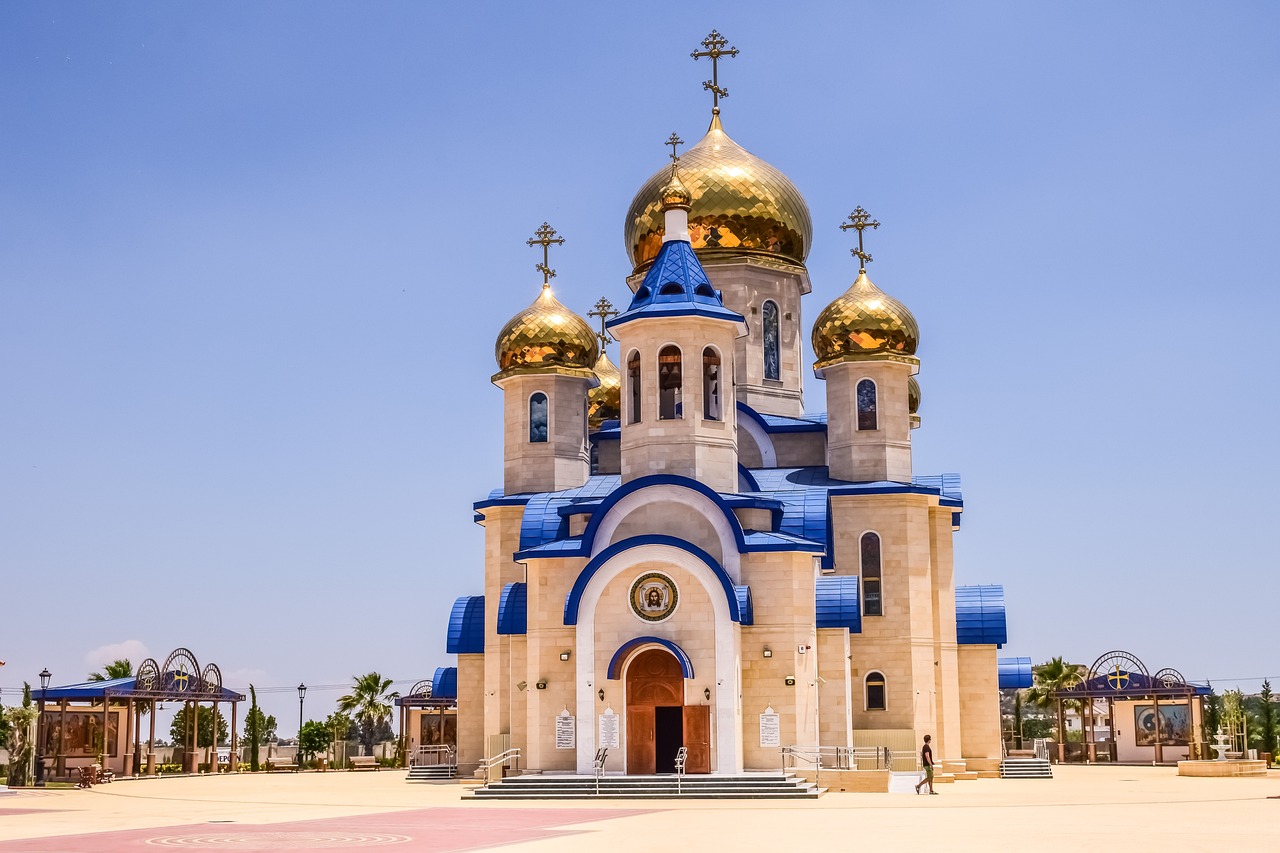
Emancipation of the Serfs
Key events and prominent leaders that shaped the Russian Empire's history, from its foundation to its dissolution. Explore the significant milestones and influential figures that defined one of the most powerful empires in history.
The Emancipation of the Serfs in 1861 marked a pivotal moment in Russian history, spearheaded by Tsar Alexander II. This reform aimed to address the long-standing issue of serfdom, granting freedom to millions of serfs across the empire. The decision to liberate the serfs was not only a humanitarian gesture but also a strategic move to modernize Russia and boost its economy.
With the Emancipation Edict, serfs were no longer bound to the land and gained the right to own property, marry without consent, and pursue education. However, the reform was not without challenges. The transition from serfdom to freedom brought about social and economic upheaval, as former serfs struggled to adapt to their newfound liberty and landowners faced significant changes in their workforce and income.
The Emancipation of the Serfs had far-reaching effects on Russian society, sparking debates on land ownership, labor relations, and the role of the peasantry. The reform set the stage for further social and political transformations in the empire, paving the way for future reforms and movements for change.
Despite its complexities and challenges, the Emancipation of the Serfs represented a significant step towards modernization and social progress in Russia. It marked a shift towards a more inclusive and equitable society, laying the foundation for future reforms and developments in the country.

Russo-Japanese War and the Revolution of 1905
The Russo-Japanese War of 1904-1905 was a significant conflict that had profound implications for the Russian Empire. The war, fought between Russia and Japan over territorial ambitions in East Asia, exposed the weaknesses of the Russian military and government. Despite initial expectations of an easy victory, Russian forces suffered a series of defeats, most notably at the Battle of Tsushima in 1905, where the Russian Baltic Fleet was decisively defeated by the Japanese navy.
The impact of the Russo-Japanese War on the Russian Empire was multifaceted. The military defeats highlighted the inefficiencies and corruption within the imperial army and navy, fueling discontent among the Russian population. The economic strain of the war exacerbated social unrest, leading to widespread strikes and demonstrations across the empire.
Furthermore, the humiliating defeat in the war played a significant role in triggering the Revolution of 1905, a series of uprisings and protests against the autocratic rule of Tsar Nicholas II. The events of Bloody Sunday, where peaceful demonstrators were fired upon by the Imperial Guard in St. Petersburg, galvanized opposition to the tsarist regime and fueled calls for political reform.
In response to the mounting pressure, Tsar Nicholas II was forced to make concessions, including the establishment of the State Duma, Russia's first parliament. However, the tsar's reluctance to share power and implement meaningful reforms only fueled further discontent and revolutionary fervor.
The Revolution of 1905 ultimately set the stage for the larger upheavals that would follow, including the February Revolution of 1917 and the eventual Bolshevik seizure of power in the October Revolution. The events of 1905 marked a turning point in Russian history, signaling the growing discontent with autocratic rule and the beginning of revolutionary movements that would ultimately reshape the empire.

World War I and the Russian Revolution
Russia's involvement in World War I marked a turbulent period in the history of the Russian Empire. The decision to enter the war in 1914 had far-reaching consequences, exposing the empire's weaknesses and exacerbating existing social and economic tensions. As the conflict dragged on, the strain on Russia's resources and manpower deepened, leading to widespread discontent among the population.
The February Revolution of 1917 erupted as a result of the hardships faced by the Russian people during the war. The abdication of Tsar Nicholas II in March marked the end of centuries of Romanov rule and the beginning of a new chapter in Russian history. The Provisional Government, established after the Tsar's abdication, struggled to address the country's pressing issues and satisfy the demands of the populace.
Amidst this turmoil, the Bolsheviks, led by Vladimir Lenin, seized the opportunity to push for radical change. The October Revolution of 1917 saw the Bolsheviks overthrow the Provisional Government and establish Soviet rule in Russia. The slogan of "Peace, Land, and Bread" resonated with the war-weary population, propelling the Bolsheviks to power and setting the stage for the Russian Civil War.
The Russian Revolution of 1917 not only brought an end to the Russian Empire but also heralded the rise of communism in Russia. The Bolsheviks' victory in the Civil War solidified their grip on power, leading to the establishment of the Soviet Union in 1922. The revolution reshaped Russian society, politics, and economy, laying the foundation for a new era of socialist ideology and centralized control.
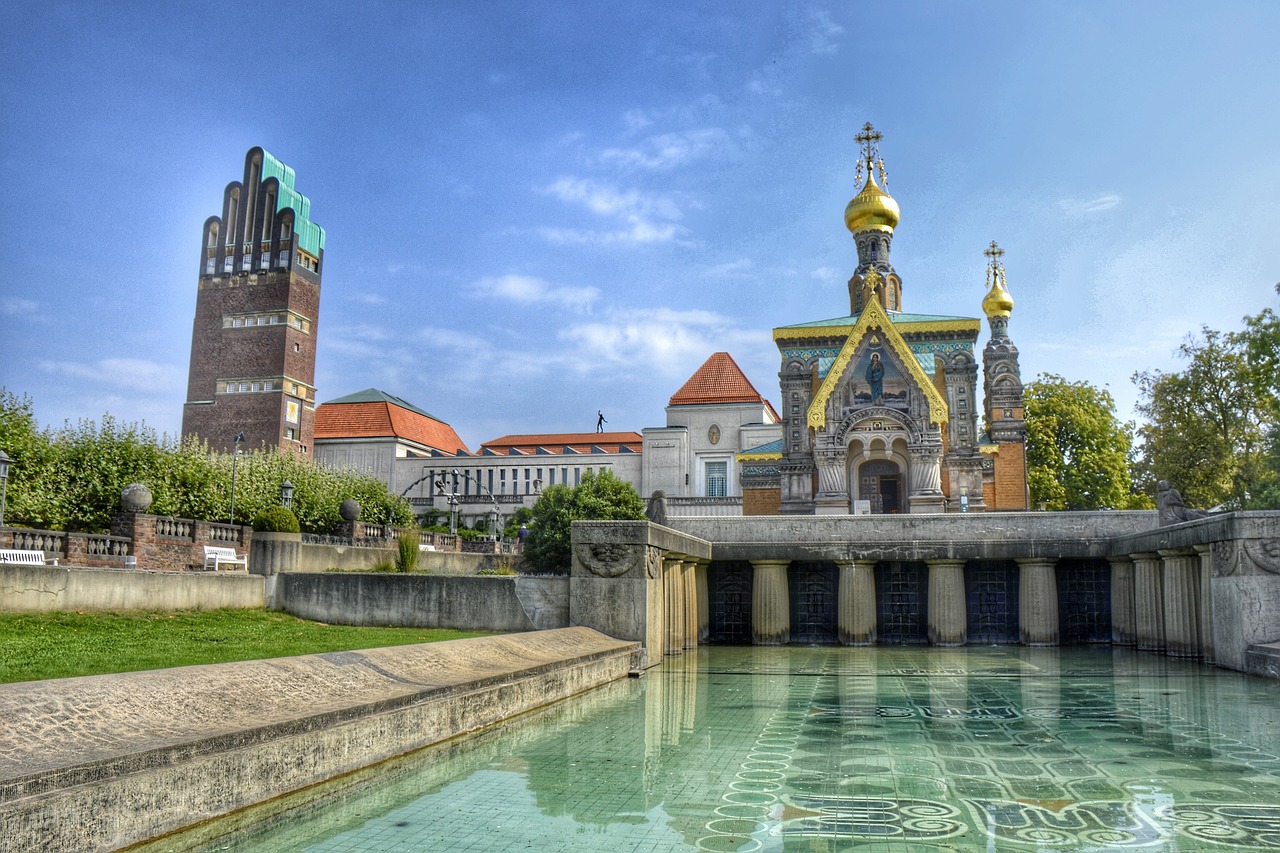
October Revolution and the Russian Civil War
The October Revolution of 1917 marked a turning point in Russian history, as the Bolsheviks, led by Vladimir Lenin, seized power from the provisional government. This event led to the establishment of Soviet rule in Russia and the beginning of a new era characterized by communist ideology. The revolution was fueled by widespread discontent among the Russian population, including soldiers, workers, and peasants, who were seeking an end to the ongoing World War I and the oppressive Tsarist regime.
Following the October Revolution, the Russian Civil War erupted, pitting the Bolshevik Red Army against various anti-communist forces known as the White Army. The civil war was a brutal and chaotic conflict that ravaged the country for several years, resulting in immense suffering and loss of life. The Red Army, under the leadership of figures like Leon Trotsky and Joseph Stalin, ultimately emerged victorious, solidifying Bolshevik control over Russia.
One of the most tragic events of this period was the execution of the Romanov family, including Tsar Nicholas II and his wife and children, by the Bolsheviks. This act symbolized the end of centuries-old imperial rule in Russia and the ruthless nature of the new communist regime. The Bolsheviks' ruthless tactics and uncompromising ideology played a significant role in shaping the course of the Russian Civil War and the subsequent establishment of the Soviet Union.

Russian Empire's Dissolution and the Rise of the Soviet Union
After the formal dissolution of the Russian Empire in 1917, following the abdication of Tsar Nicholas II, a new era dawned with the rise of the Soviet Union in 1922. This marked the end of centuries-old imperial rule and the beginning of a revolutionary shift towards a communist ideology. The transformation was not only political but also social and economic, as the Soviet Union sought to establish a new order based on Marxist principles.
Under the leadership of Vladimir Lenin and the Bolshevik Party, the Soviet Union emerged as a formidable power on the world stage. The consolidation of communist control brought about significant changes in governance, economy, and society. The old imperial structures were dismantled, and a new socialist system was put in place, aiming to create a classless society based on collective ownership and centralized planning.
The dissolution of the Russian Empire and the rise of the Soviet Union also had profound implications for the former imperial territories and the diverse ethnic groups within the new state. The Soviet government embarked on a policy of promoting nationalities' self-determination while simultaneously centralizing power in Moscow. This led to complex dynamics between the center and the peripheries, shaping the Soviet Union's internal politics and external relations.
As the Soviet Union solidified its control over the vast expanse of territories once ruled by the Russian Empire, it faced numerous challenges, including economic restructuring, industrialization, and ideological struggles. The legacy of the Russian Empire lingered in the Soviet Union's cultural heritage, administrative practices, and geopolitical influence, shaping the new state's trajectory in the turbulent years that followed its formation.
Frequently Asked Questions
- What were the key events that led to the foundation of the Russian Empire?
The Russian Empire was established under Peter the Great through a series of conquests and treaties that expanded its territory and solidified its power, making Russia a prominent player in Europe.
- Who was Catherine the Great and what was the significance of her rule?
Catherine the Great was a prominent ruler during the Russian Empire's Golden Age, known for her territorial expansion, cultural advancements, and political reforms that transformed Russia into a dominant force in Europe.
- What was the impact of the Napoleonic Wars on the Russian Empire?
The Napoleonic Wars had a significant impact on the Russian Empire, including Napoleon's invasion and the subsequent patriotic fervor it ignited, as well as the Decembrist Revolt of 1825 that highlighted growing discontent and calls for reform.
- Why was the Emancipation of the Serfs important in Russian history?
Tsar Alexander II's decision to emancipate the serfs in 1861 aimed to modernize Russia and address social inequalities, with far-reaching consequences on Russian society and the economy.
- What events led to the rise of the Soviet Union and the dissolution of the Russian Empire?
The formal dissolution of the Russian Empire in 1917 and the formation of the Soviet Union in 1922 marked the end of imperial rule and the beginning of a new era under communist ideology, following the October Revolution and Russian Civil War.



